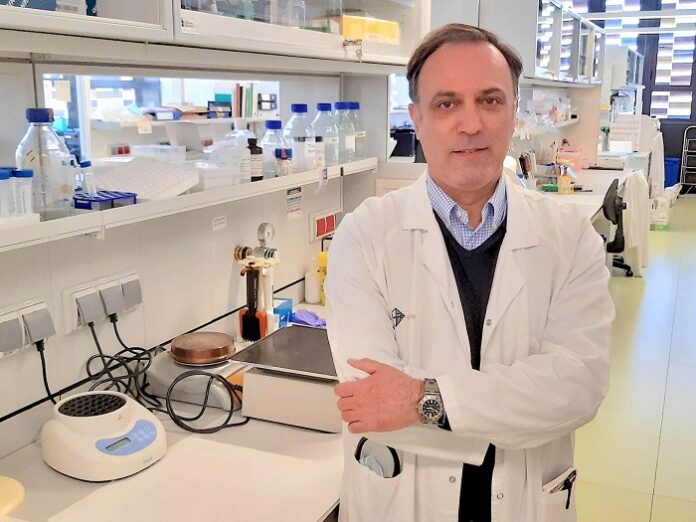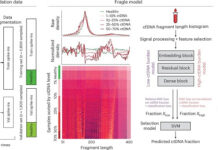

Breakthrough in Immunotherapy: Introducing HSP-CAR30
Researchers at the Sant Pau Research Institute (IR Sant Pau), in collaboration with Sant Pau Hospital and the Josep Carreras Leukemia Research Institute, have developed a novel CAR-T cell therapy—HSP-CAR30—designed to target the CD30 protein. This innovation has shown high efficacy in patients with refractory CD30+ lymphoma, marking a significant advancement in cancer immunotherapy.
Encouraging Results from Phase I Clinical Trial
A Phase I clinical trial demonstrated that HSP-CAR30 therapy induces the expansion of memory T cells, leading to long-lasting responses and improved patient outcomes. The trial included 10 patients with relapsed or refractory classical Hodgkin lymphoma or CD30+ T-cell lymphoma, all of whom had limited options due to resistance to standard treatments.
Achieving Unprecedented Response Rates
Dr. Javier Briones, Head of Hematological Oncology and Transplant Research at IR Sant Pau, highlighted the most striking outcome:
“We observed a 100% overall response rate, with 50% of patients achieving complete remission—a remarkable result in heavily pre-treated individuals.”
Moreover, 60% of patients who achieved complete remission remained relapse-free after a median follow-up of 34 months, underscoring the durability of the therapy.
A Safe and Well-Tolerated Treatment
HSP-CAR30 also demonstrated a favorable safety profile. No dose-limiting toxicities were observed. Only six patients experienced Grade 1 cytokine release syndrome (CRS), and no neurotoxicity was reported. The mild, manageable side effects further support the therapy’s clinical feasibility.
Boosting Persistence with Memory T Cells
One of the trial’s most notable findings was the sustained presence of CAR30+ cells, detectable in 60% of evaluable patients one year post-infusion. At peak expansion, central memory T cells (TCM) and stem-like memory T cells (TSCM-LIKE) dominated—both cell types strongly linked to long-term efficacy and relapse prevention.
Shaping a New Future for Lymphoma Patients
Dr. Ana Caballero, Consultant Hematologist and co-investigator, emphasized the strategic innovation:
“Selecting a stable CD30 epitope and preserving less differentiated T cells during manufacturing may dramatically boost CAR-T therapy effectiveness in refractory Hodgkin lymphoma.”
She noted that if larger trials confirm these results, this could signal a paradigm shift in lymphoma treatment, offering new hope to patients with few options.
Phase II Trial Builds on Early Success
As reported by medicalxpress, the HSP-CAR30 study is registered under ClinicalTrials.gov (NCT04653649). While the Phase I trial laid the groundwork, the ongoing Phase II trial has now enrolled 32 patients, with an additional 10 added to reinforce the data.
Early Phase II findings, presented at the 2024 American Society of Hematology (ASH) Annual Meeting, revealed over 55% complete remission, reinforcing optimism for the therapy’s future.
Revolutionizing CAR-T Therapy Design
HSP-CAR30 represents a new approach to CAR-T therapy for CD30+ lymphomas. Researchers extract a patient’s T cells, genetically modify them to recognize CD30, and reinfuse them. This target protein is highly expressed on lymphoma cells, but rarely found on healthy tissue—making it an ideal target.
Unlike earlier CAR-T therapies that faced short-lived activity or cancer evasion, HSP-CAR30 has been engineered to target a stable region of CD30, reducing the risk of tumor escape through CD30 shedding.
Refined Manufacturing for Long-Term Defense
The team optimized the manufacturing process by using a combination of interleukin-21 (IL-21), IL-7, and IL-15 to promote the expansion of long-lived memory T cells. This innovation significantly increases the likelihood of long-term disease control.
Dr. Laura Escribà, senior researcher and Director of Quality Control for CART30 Production, summarized:
“We aim for CAR-T cells that don’t just act quickly but remain in the body as a long-term immune defense—ready to respond if cancer returns.”























